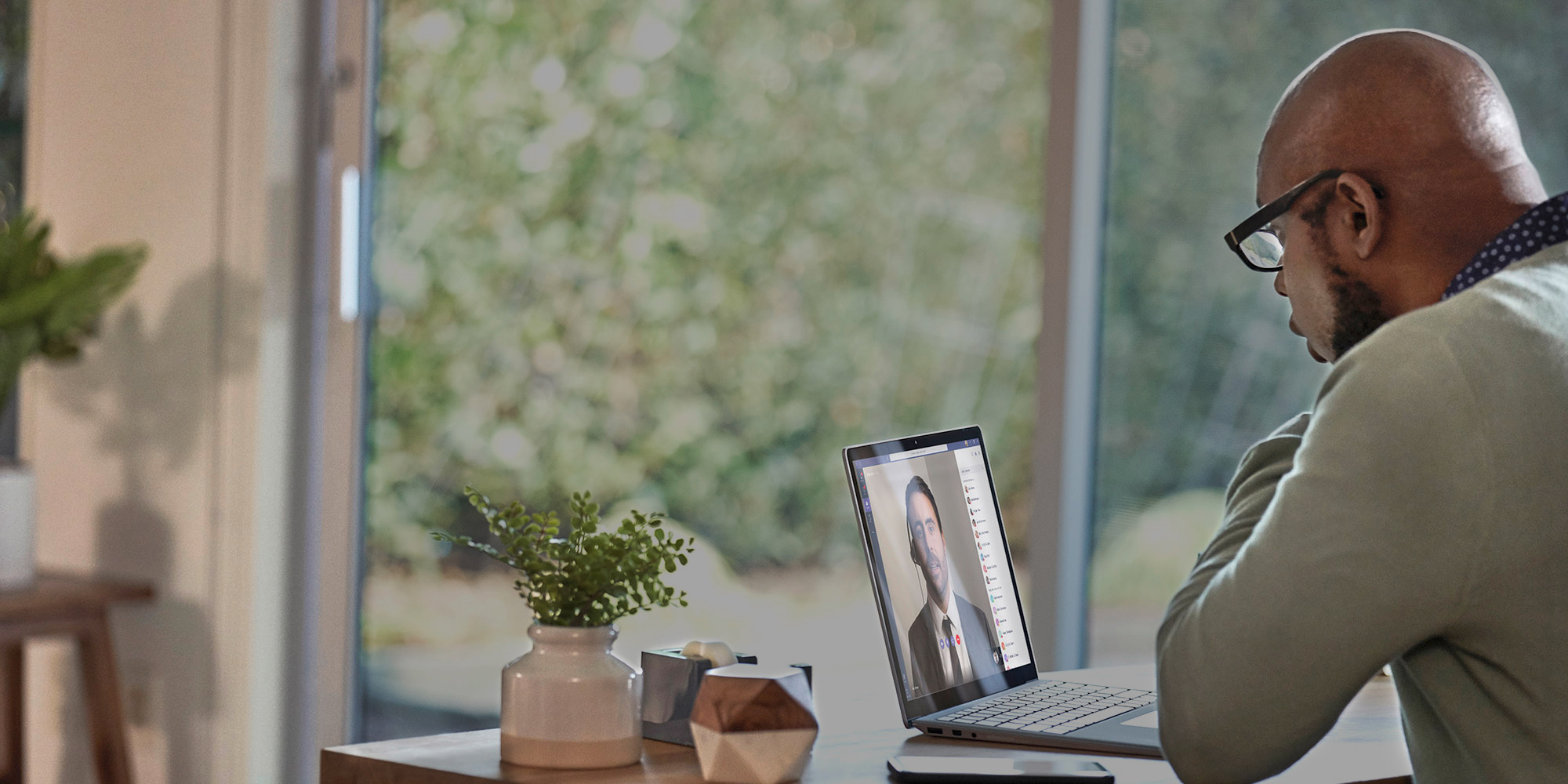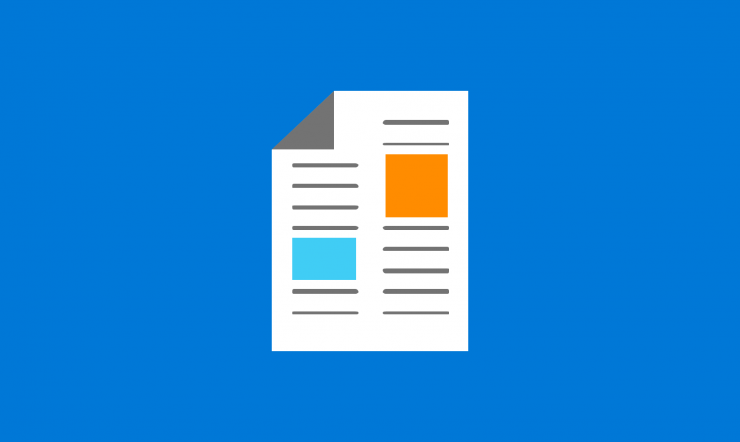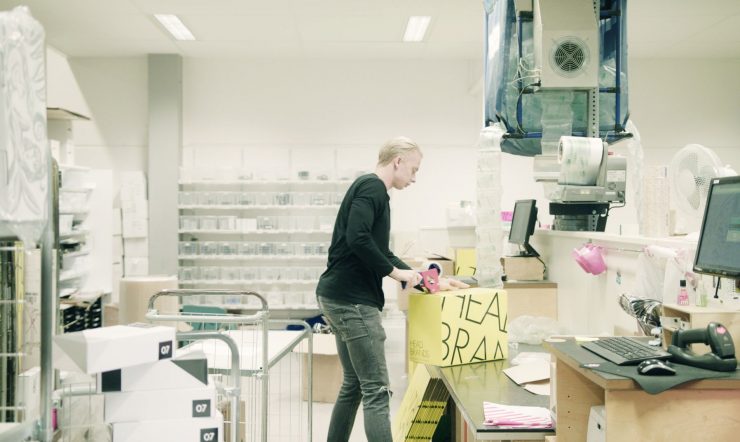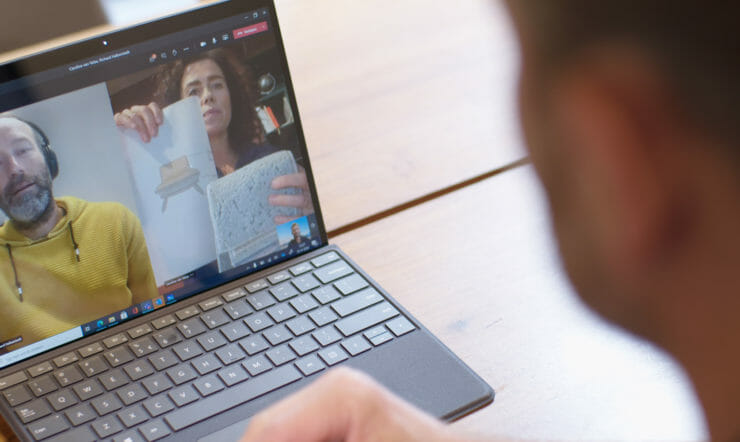Now more than ever, video conferencing has become a huge part of our daily life and work. My team and I at Microsoft have adjusted to the new reality of seeing each other’s homes, complete with dogs, cats and other family members. Everyone around the world is now working, learning, and connecting with colleagues, friends and family through the power of technology. From kitchen tables to living room couches, and from home offices doubling as home schools – people are relying on Microsoft Teams to work and learn.
Businesses large and small are depending on Teams for mission-critical work. First responders are using Teams to communicate when lives depend on it. Governments are turning to Teams to move medical supplies to where they are needed most. Doctors and nurses are using it to consult with patients, and researchers are collaborating on it across continents to find a vaccine. And teachers are using Teams to teach students in entirely new ways. Important moments of human connection, achievement and celebration have all moved online.
Now more than ever, people need to know that their virtual conversations are private and secure. At Microsoft, privacy and security are never an afterthought. It’s our commitment to you – not only during this challenging time – but always. Here’s how we’re working to earn your trust every day with Microsoft Teams.
We provide privacy and security controls for video conferences in Teams
We offer a variety of privacy and security controls to allow you to manage who participates in your meetings and who has access to meeting information.
For example, you decide who from outside your organization can join your meetings directly, and who should wait in the lobby for someone to let them in. You can also remove participants during a meeting, designate “presenters” and “attendees,” and control which meeting participants can present content. And, with guest access, you can add people from outside your organization but still retain control over your data. Moderation allows you to control who is and isn’t allowed to post and share content. And advanced artificial intelligence (AI) monitors chats to help prevent negative behaviors like bullying and harassment.
When recording a meeting, all participants are notified when a recording starts, and online participants can access our privacy notice directly. Recordings are only available to the people on the call or people invited to the meeting. And recordings are stored in a controlled repository that is protected by permissions and encryption.
We safeguard your privacy by design
When you use Microsoft Teams, you are entrusting us with one of your most valuable assets – your data and personal information. Our approach to privacy is grounded in our commitment to giving you transparency over the collection, use and distribution of your data. Far from an afterthought, privacy is deeply ingrained in our company philosophy and how we build products.
Here are our privacy commitments to you.
- We never use your Teams data to serve you ads
- We do not track participant attention or multi-tasking in Teams meetings
- Your data is deleted after the termination or expiration of your subscription
- We take strong measures to ensure access to your data is restricted and carefully define requirements for responding to government requests for data
- You can access your own customer data at any time and for any reason
- We offer regular transparency reports on the Transparency Hub, detailing how we have responded to third-party requests for data
We protect your identity and account information
Multi-factor authentication (MFA), a feature turned on by your IT administrator, protects your username and password by requiring you to provide a second form of verification to prove your identity. This simple, two-step verification process is widely used in many consumer applications today, including banking, and protects you from attacks that take advantage of weak or stolen passwords.
We protect your data and defend against cybersecurity threats
Microsoft processes more than 8 trillion security signals every day and uses them to proactively protect you from security threats. In Teams, we encrypt data in transit and at rest, storing your data in our secure network of datacenters and using Secure Real-time Transport Protocol (SRTP) for video, audio and desktop sharing.
We meet more than 90 regulatory and industry standards
To comply with global, national, regional, and industry-specific regulations, Teams supports more than 90 regulatory standards and laws, including HIPAA, GDPR, FedRAMP, SOC, and Family Educational Rights and Privacy Act (FERPA) for the security of students and children.
For more information on the features we’ve built to deliver on these promises, see our detailed post on privacy and security in Microsoft Teams or refer to our Teams product documentation. And to learn more about our approach to security, compliance, and privacy across all our products, including Teams, visit the Microsoft Trust Center.
No matter how you’re using Teams at this extraordinary time to connect with the people that matter most to you for work and in life, we’re committed to continuing to learn and get better each day as we work to help you keep all your conversations private and secure.
Enable remote working with Zero Trust security
Bolstering security is crucial as your staff increasingly work from home. So it’s important to understand ‘Zero Trust’ security and what you can do to build your cloud security strategy around it.
With a Zero Trust model, instead of assuming everything behind your corporate firewall is safe, you assume breach and verify each request as though it originates from an open network. Regardless of where the request originates or what resource it accesses, Zero Trust teaches you to ‘never trust, always verify.’
Click here to find out more about Zero Trust security.
























